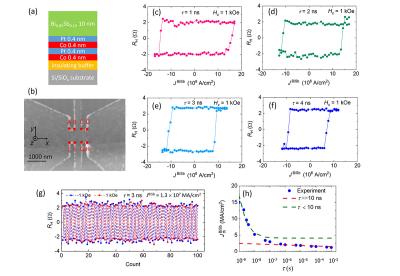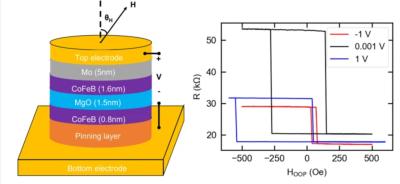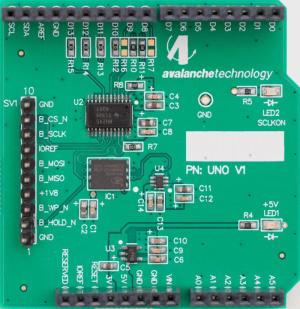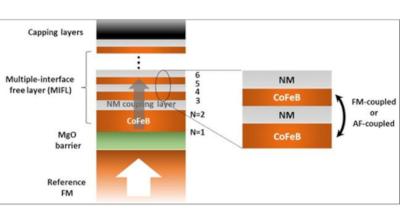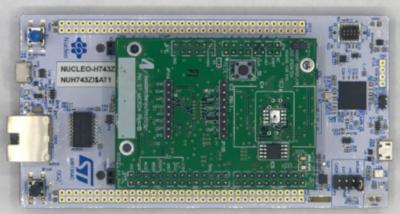Researchers demonstrate fast BiSb p-MTJ switching, to enable fast and low-power SOT-MRAM devices
Researchers from the Tokyo Institute of Technology have successfully demonstrated fast p-MTJ switching (1 ns, compared to current switching that is >10 ns). "The researchers achieved this using the topological insulator BiSb as the SOT layer, and say the device offers a current density about 20 times smaller than typical.
The researchers say that this technology can be applied to develop p-MTJs for SOT-MRAM that will offer ultrafast operations and ultra low power consumption, while also offering higher reliability. This follows earlier work by the same group on BiSb p-MTJs.
